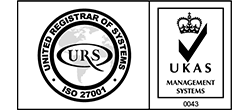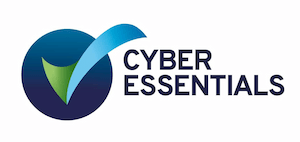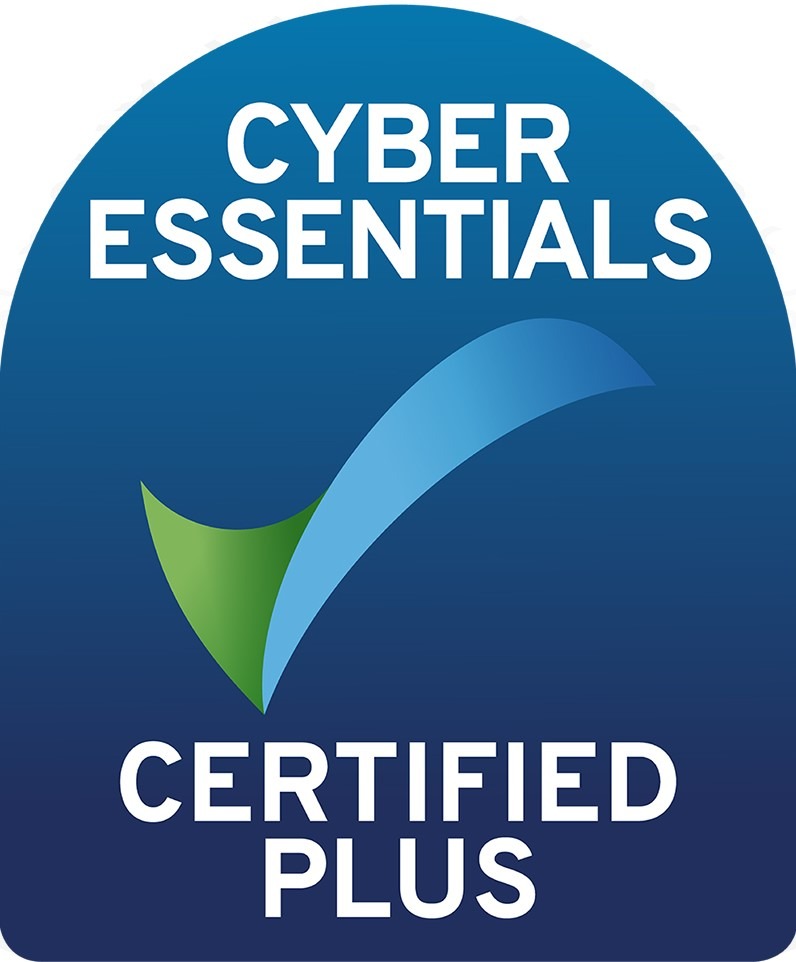
How to protect your business from Invoice Fraud
Invoice Fraud is a growing concern for businesses across the UK, with recent incidents highlighting the significant financial risks and operational disruptions it can cause. In this blog, we’ll explore what invoice fraud is, provide examples from the last three months, and offer tips on how businesses can protect themselves.
The 2024 Cyber Security Breaches Survey, commissioned by the Department for Science, Innovation and Technology in partnership with the Home Office, provides a comprehensive look at the financial impact and prevalence of cyber crime, including cyber-facilitated fraud like invoice fraud. The survey estimates that UK businesses have faced approximately 7.78 million cyber crimes in the past year, with significant financial repercussions (GOV.UK)
What is Invoice Fraud?
Invoice fraud involves scammers tricking businesses into paying fraudulent invoices. This can be done through various means, such as impersonating legitimate suppliers, altering payment details, or creating entirely fake invoices. The impact of such fraud can be severe, leading to financial losses, damaged business relationships, and legal complications.
The Fake Supplier Scam
In April 2024, a mid-sized manufacturing company in Manchester fell victim to a fake supplier scam. The fraudsters impersonated a legitimate supplier, using an email address that closely resembled the real one. They sent an invoice for £50,000, claiming it was for an urgent shipment of raw materials. The accounts department, not noticing the slight difference in the email address, processed the payment. It was only after the legitimate supplier contacted them about an unpaid invoice that the company realised they had been defrauded.
Email Compromise Attack
In May 2024, a digital marketing agency in London experienced an email compromise attack. Hackers gained access to the email account of the agency’s financial officer and sent a series of fraudulent invoices to various clients, requesting payment to a different bank account. One client, who did not verify the change in payment details, transferred £20,000 to the fraudulent account. The agency only discovered the breach after several clients questioned the payment requests.
The Overpayment Trick
In June 2024, a small IT services company in Birmingham encountered an overpayment scam. A new client, who turned out to be a fraudster, overpaid their invoice by £5,000 and then requested the overpayment be refunded. The company’s finance team issued the refund before the initial payment cleared, resulting in a net loss of £5,000 when the original payment bounced.
How to Protect Your Business
Invoice fraud can be challenging to detect, but there are several steps businesses can take to protect themselves:
- Verify Payment Requests: Always verify any changes to payment details directly with the supplier using known contact information. Do not rely on email alone.
- Implement Multi-Factor Authentication (MFA): Use MFA for email accounts to reduce the risk of email compromise.
- Educate Employees: Train staff to recognise the signs of invoice fraud, such as unusual payment requests or changes in supplier details.
- Regular Audits: Conduct regular audits of financial transactions to identify any discrepancies or suspicious activity.
- Use Secure Payment Methods: Consider using secure payment platforms that offer additional layers of verification and protection against fraud.
Invoice fraud remains a significant threat to businesses of all sizes. By staying informed about recent fraud tactics and implementing robust security measures, companies can reduce their risk and protect their financial assets. Remember, vigilance and verification are key in the fight against invoice fraud.
For more detailed advice on protecting your business get in touch with our cybersecurity experts today.

















Recent Comments